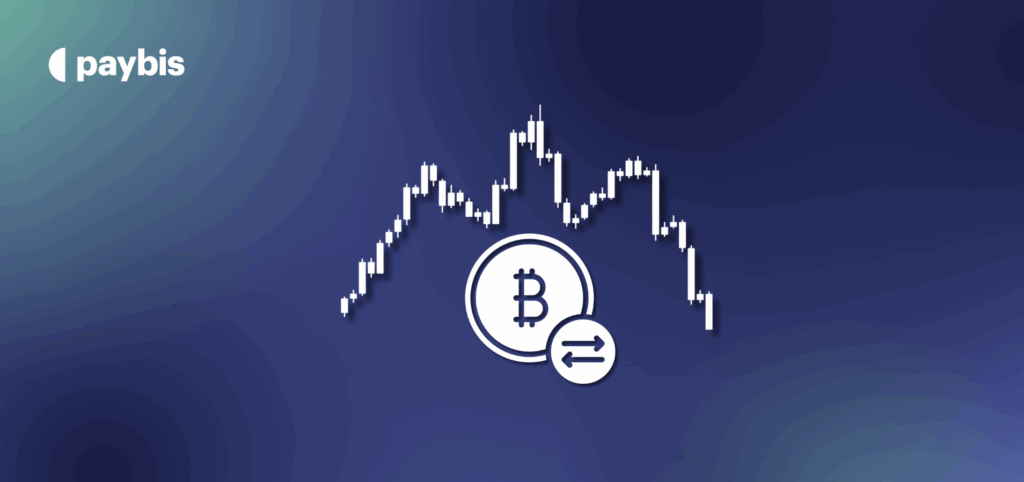Social Trading
Social trading is an online investment strategy that enables individuals to copy the trades of seasoned traders. It’s akin to social networking platforms, but instead of sharing photos or updates, traders share their trading activities and strategies. This allows novice traders to learn from experts and potentially profit from their experience.
Table of contents
What is a Social Trading?
Social trading enables users to mimic the trades of expert crypto traders on dedicated platforms. This approach allows less experienced traders to benefit from the expertise of successful crypto investors, fostering a collaborative trading environment where strategies and insights are shared, leading to improved trading performance and learning opportunities.
How Does Social Trading Work?
The following are the steps that are typically followed to start social trading:
- Choosing a Platform for Account Creation: Traders begin by creating accounts on social trading platforms, such as eToro, ZuluTrade, or Covesting. These platforms provide the necessary tools to follow and copy other traders.
- Exploring Traders: Users can browse through profiles of expert traders to examine their performance history, risk levels, and strategies.
- Following and Copying Trades: Once users identify traders they want to follow, they can start copying their trades. This means that any trade executed by the expert is automatically replicated in the follower’s account, proportionally to their investment.
- Risk Management: Platforms typically offer tools to manage risk, such as setting limits on the amount invested per trade or the overall amount allocated to copying.
Advantages of Social Trading
Social trading has the following advantages:
- Educational Value: Social trading serves as a learning tool for novice traders. By observing and copying experienced traders, beginners can gain insights into effective trading strategies and market analysis.
- Accessibility: It lowers the barrier to entry for new traders, allowing them to participate in financial markets without needing extensive knowledge or experience.
- Transparency: Social trading platforms provide transparency by showcasing the performance and trading history of expert traders. This transparency helps users make informed choices about whom to follow.
- Community Support: The social aspect fosters a sense of community. Traders can discuss strategies, share tips, and support each other, enhancing the overall trading experience.
- Diversification: By following multiple traders with different strategies, users can diversify their investments, potentially reducing risk.
Disadvantages of Social Trading
Trading with people also comes with some drawbacks, some of which are:
- Dependence on Others: Relying on the performance of others can be risky. If the copied trader makes poor decisions, it can lead to significant losses for followers.
- Limited Control: When copying trades, users have limited control over individual trading decisions, which might not always align with their risk tolerance or investment goals.
- Overconfidence: Seeing consistent profits from copied trades can create overconfidence, leading followers to overlook the inherent risks of trading.
- Platform Risks: The reliability of the social trading platform is crucial. Technical issues or lack of regulatory policies can pose significant risks.
- Variable Performance: Even successful traders can experience periods of poor performance, which will directly impact the followers’ investments.
Key Features of Social Trading Platforms
- Performance Metrics: Detailed statistics about traders’ performance, including historical returns, risk levels, and trading frequency.
- Risk Management Tools: Features such as stop-loss orders and capital allocation limits to help manage and mitigate risk.
- Social Features: Discussion forums, chat rooms, and comment sections for community interaction and knowledge sharing.
- User-Friendly Interface: Applications with intuitive user interfaces that make it easy to follow, copy, and monitor traders.
Some Cryptocurrency Social Trading Platforms
Social trading applications are gaining traction among users as they have been found useful. Some of these are:
- eToro: Beyond traditional assets, eToro offers extensive cryptocurrency trading options, making it a versatile choice for both traditional and crypto traders.
- Covesting: Integrated with PrimeXBT, Covesting allows users to follow and copy the trades of successful cryptocurrency traders.
- 3Commas: A crypto-focused platform offering automated trading bots and social trading features, enabling users to copy the strategies of top-performing traders.
Conclusion
Social trading democratizes access to financial markets by combining social networking with trading, enhancing strategies for both novice and experienced traders. However, it is important to understand the risks and use risk management strategies.
Browse the Paybis Glossary to master more web3 lingo!
Alternatively, explore related terms and articles below.
Disclaimer: Don’t invest unless you’re prepared to lose all the money you invest. This is a high‑risk investment and you should not expect to be protected if something goes wrong. Take 2 mins to learn more at: https://go.payb.is/FCA-Info


